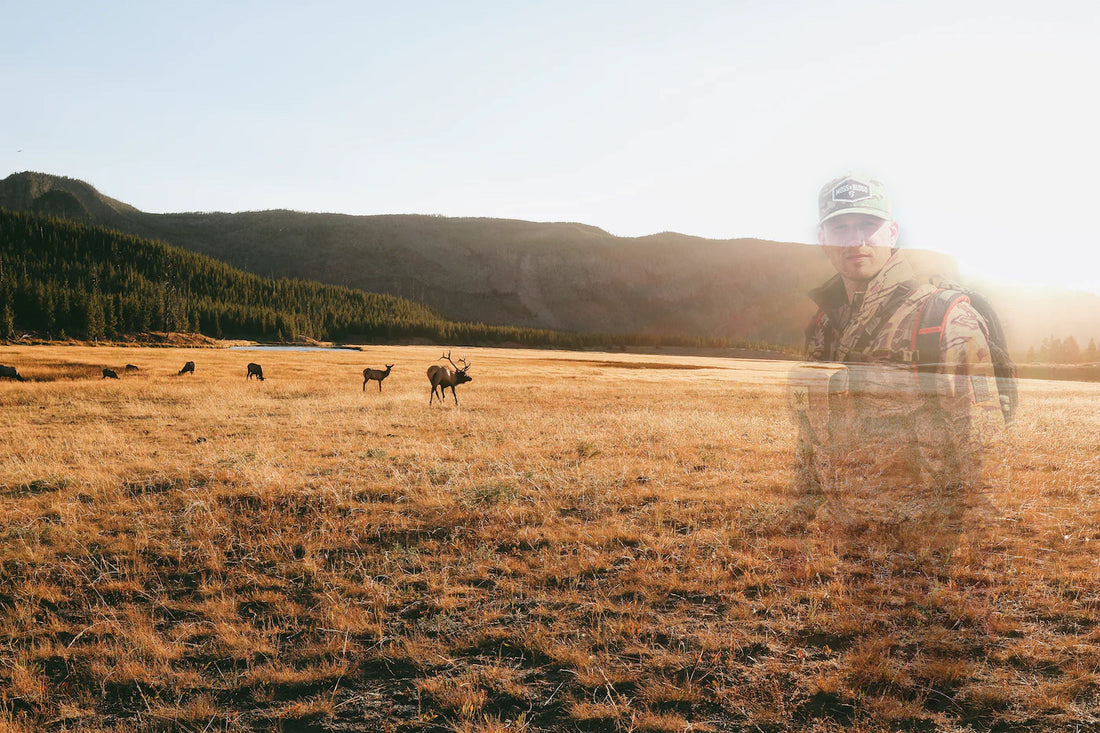Too often do people associate hunting with mindless killing, and I'm here to tell you that's simply not the case. The concept of hunting as a means of conservation can seem counterintuitive to some, but the truth is, hunting plays an essential role in keeping our ecosystems healthy and thriving.
For starters, let's talk about wildlife management. Hunting helps regulate animal populations, ensuring that there are not too many of one species, which could lead to devastating effects on the environment. Overpopulation can lead to destruction of natural habitats, increased competition for resources, and an increased likelihood of disease outbreaks.
As hunters, we play an important role in the management of these populations. By hunting responsibly, we're doing our part to help maintain a balance in the ecosystem. Not all animal populations can be regulated naturally, and hunting provides a way to keep things in check.
But hunting isn't just important for regulating animal populations. It also helps fund conservation efforts. Through the purchase of hunting licenses and permits, hunter-generated funds contribute significantly to the conservation of wildlife habitats.
Organizations like the Department of Fish and Wildlife rely on these funds to carry out programs and projects that benefit the environment, such as habitat restoration, research, and education. Without the revenue generated by hunting, many of these conservation efforts would not be possible.
Moreover, data from the United Nations shows that legal, regulated hunting contributes significant funds to conservation effect - reportedly up to $200 million per year. That's a huge amount of money that can be used to manage and protect our natural resources.
It's also important to note that hunting isn't just about the big game animals like deer, elk, and moose. In fact, hunting also plays a role in the management of smaller animals, such as waterfowl and upland birds.
Hunting can have a beneficial impact on their habitats as well, for example, by reducing the overgrazing on shrubs and ensuring the natural balance of the wetlands. And with the benefit of hunters having more pressure on migrating ducks, other species, dependent on those wetlands, also stand to gain.
By selectively harvesting mature animals, hunters can enhance the overall health of a given animal population.
For example, let's take a look at deer hunting. By harvesting mature, dominant bucks with greater antler points, hunters can help to balance the ratio of males to females, leading to healthier deer populations overall. This is known as selective harvesting, where hunters only target certain animals according to the requirements of species management.
Responsibility, sustainability, and conservation should all go hand in hand with any discussion of hunting but unfortunately, that's not always the case in our modern society.
There seems to be a growing divide between those who understand and appreciate hunting's role in conservation, and those who believe that hunting is unnecessary, violent and cruel.
While everyone has a right to their own opinion, those who oppose hunting should take the time to understand the role hunting plays for the environment. Decisions about hunting and wildlife management should always be based on sound science and the protection of our natural resources.
There is simply no denying the importance of hunting for the sake of conservation. In order to protect our ecosystems for future generations, we must find a way to work together toward the common goal of healthy, thriving environments.
It's not enough to simply enjoy the outdoors; hunters must also embrace their role as stewards of the land and do what they can to protect it.

